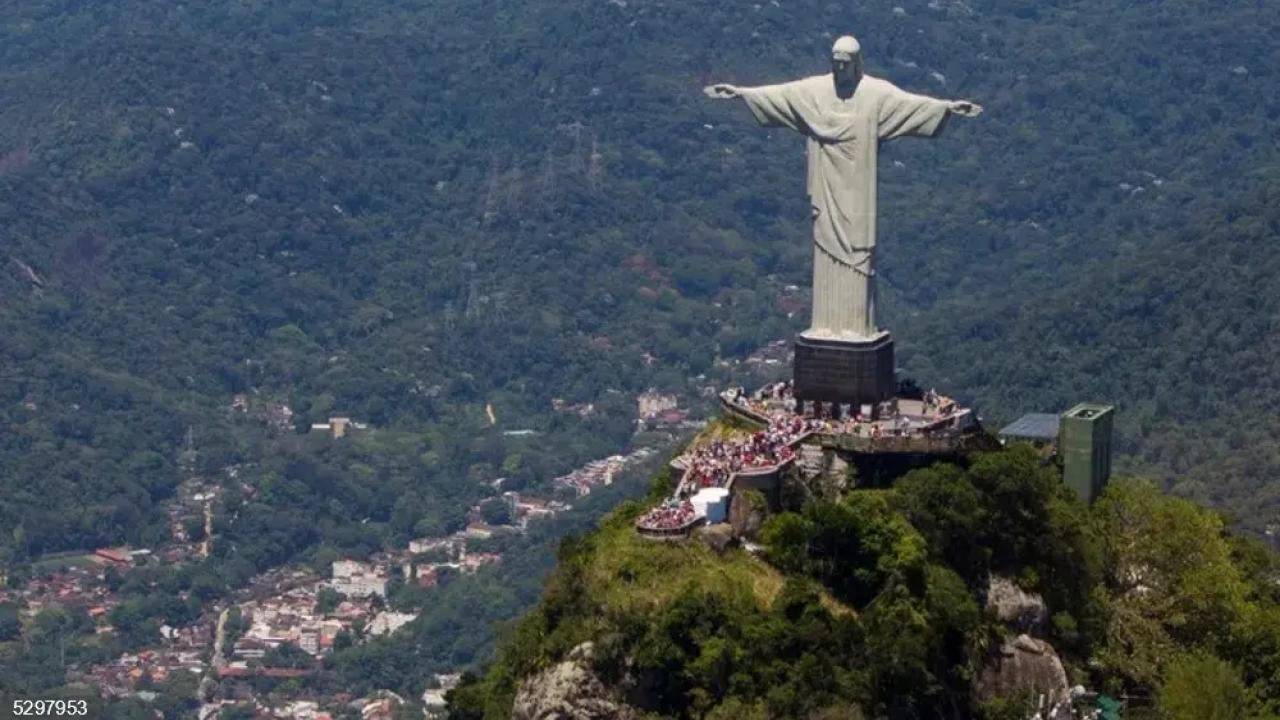
This regulation is the result of extensive debates between the Ministry of Tourism, deputies, senators and the entire production chain of the sector, represented by the National Tourism Council (CNT).
Since this week, Brazil's tourism sector has had a new legal framework that modernizes and adapts this activity to its current dynamics in the world, with measures such as reducing bureaucracy, improving the business environment or closer ties between public authorities and the private sector.
The new General Tourism Law, approved this week by Brazilian President Luiz Inácio Lula da Silva, seeks to promote destinations and ensure Brazil's competitiveness in the tourism sector, with the aim of attracting more and more visitors to the country.
This regulation is the result of extensive debates between the Ministry of Tourism, deputies, senators and the entire production chain of the sector, represented by the National Tourism Council (CNT).
The sanction comes shortly after the submission, at the beginning of August this year, of the National Tourism Plan 2024-2027, also the result of an intense dialogue with public and private segments of the National Tourism Council.
The overall objective of the plan is to make Brazil a leader in receiving visitors in South America, making tourism an important vector of sustainable development and generation of employment and income.
Tourism Minister Celso Sabino has stressed that the new General Tourism Law is the result of a broad collective construction, which involved the federal government, parliamentarians and the entire tourism sector.
The Brazilian president, for his part, has highlighted the power of tourism to consolidate Brazil's good image abroad.
"Tourism is one of the best ways to show the greatness of our country, it is a sector that I truly believe in. As long as I am president, this industry will be taken very seriously," he said.
SUPPORT FOR THE TOURISM SECTOR
Among its main contributions is strengthening the work of those who already work in tourism in the country.
Thus, the law recognises, strengthens and promotes greater legal security for professionals in the segment, who are now recognised as those linked to the production chain of the sector, according to specific legislation, such as tourist guides and tourism experts.
The law was passed with vetoes related to the hypothesis that travel agencies and accommodation establishments are not jointly liable for poor service provision and possible damage to customers.
In this regard, the Brazilian Ministry of Tourism has undertaken to draft a text more aligned with the Consumer Protection Code, in conjunction with the National Consumer Secretariat (Senacon) of the Ministry of Justice and Public Security, for the subsequent submission of a Provisional Measure to the Brazilian Congress.
TOURIST PROTECTION
The legislation also promotes greater security and opportunities for visitors, guaranteeing, for example, public visits, mainly by students, to public organisations and spaces considered tourist attractions, for tourism purposes.
In terms of accessibility, the new legislation includes as an objective of the National Tourism System the implementation of interactive tourist signage for people with disabilities or reduced mobility and, when necessary, provided with translation into a foreign language.
The aim is to follow the global trend of making smart models available, to ensure greater inclusion, with autonomy, in the sector and to spread the benefits of tourism.
Another step forward is the inclusion of the Tourism Map of Brazil in the Law, which was previously defined by ordinance, consolidating the allocation of resources from the ministry preferably to the tourist regions and municipalities that are part of the tool.
The national government, the states and the Federal District are authorized, by law, to create special areas of tourist interest in their territories. The locations will be a priority to facilitate the attraction of investments and create alliances.
UN TOURISM OFFICE
This week, agreements were also validated with UN Tourism that will allow the installation in Rio de Janeiro of the first UN Tourism Office in the Americas and the Caribbean. The unit will provide Brazil and other countries in the region with more integrated action with the main arm of the United Nations for tourism.
Approved by the National Congress, the establishment of the UN Tourism Office in Rio de Janeiro will provide greater global visibility to Brazil and other countries in South America and the Caribbean, promoting closer action with the international organization.
The work of the unit will involve planning and implementing actions to improve professional qualifications, international promotion, attracting investment and conducting research and events in the region, among other initiatives.
Currently, UN Tourism has only two offices worldwide: the headquarters in Madrid (Spain) and a regional office in Riyadh, Saudi Arabia.










